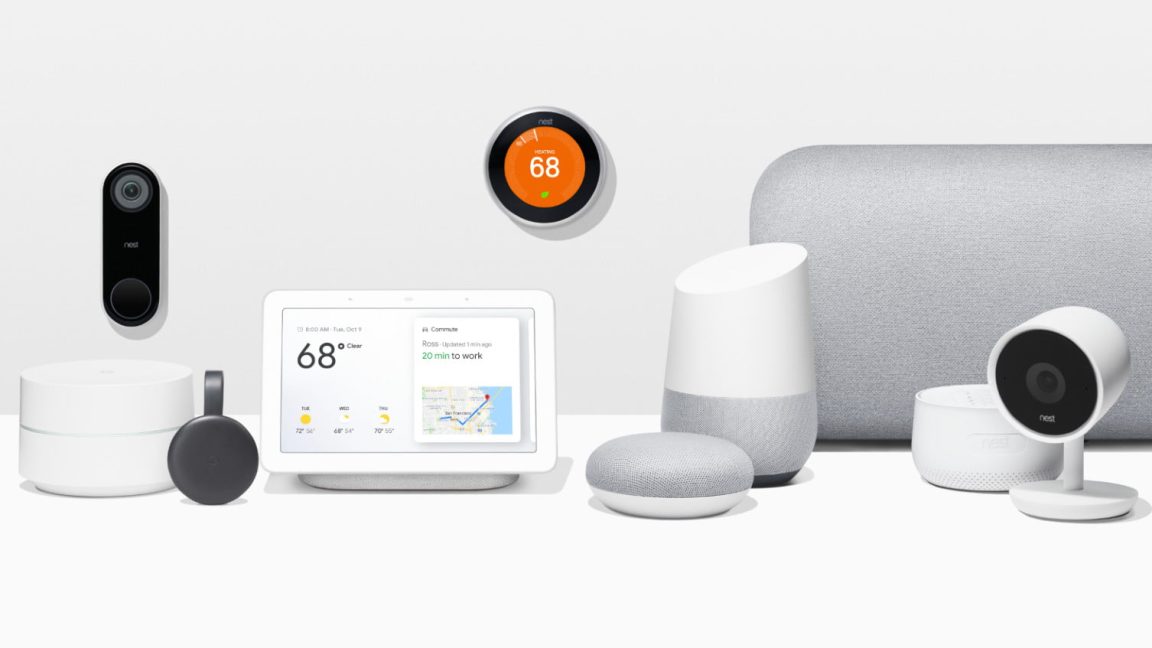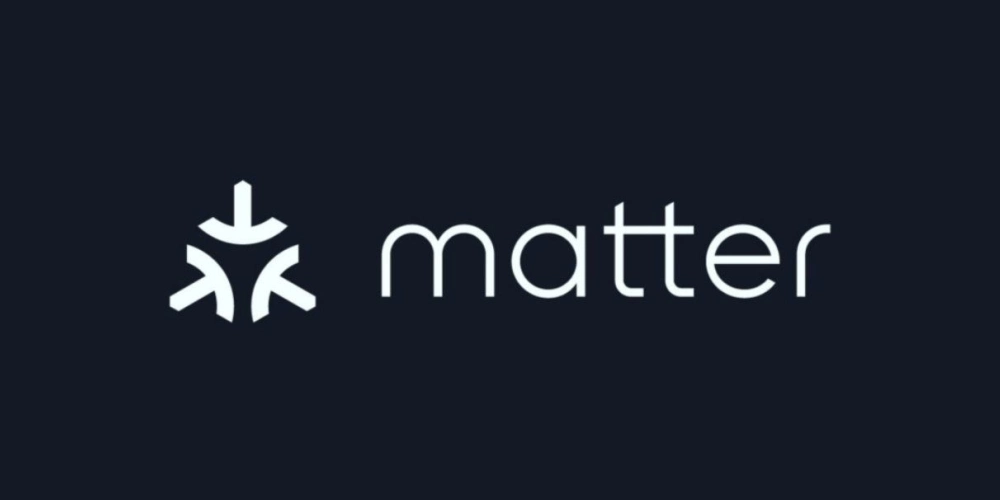Smart Home Ecosystem Comparison
Amazon Alexa
A leading voice-controlled ecosystem, Alexa integrates with a vast array of smart home devices including lights, thermostats, cameras, locks, and appliances. It supports advanced routines and is increasingly Matter-compatible, allowing for seamless device interoperability.
Strengths
- • Extensive device compatibility
- • Advanced voice recognition
- • Robust skills ecosystem
- • Matter support
Key Devices
- • Echo family speakers
- • Echo Show displays
- • Echo Auto
- • Fire TV integration


Google Home / Google Assistant
Google's ecosystem connects Nest products, third-party devices, and services through Google Assistant voice control. It offers robust AI-powered automation, personalized routines, and is a founding supporter of the Matter standard for universal compatibility.
Strengths
- • AI-powered automation
- • Deep Google integration
- • Nest ecosystem synergy
- • Matter founding support
Key Devices
- • Nest speakers/displays
- • Nest thermostats
- • Nest cameras
- • Chromecast integration
Apple HomeKit
Apple's HomeKit ecosystem emphasizes privacy and security, with deep integration across iPhone, iPad, Apple Watch, and HomePod. HomeKit supports a wide range of accessories and is fully compatible with Matter, simplifying cross-brand device management.
Strengths
- • Privacy-first approach
- • Seamless iOS integration
- • Local processing
- • Premium user experience
Key Devices
- • HomePod speakers
- • Apple TV hub
- • iPhone/iPad controls
- • Third-party accessories


Samsung SmartThings
SmartThings acts as a central hub for connecting and automating smart devices from multiple brands. It supports Zigbee, Z-Wave, Wi-Fi, and Matter, making it one of the most versatile platforms for unified home automation.
Strengths
- • Multi-protocol support
- • Brand-agnostic approach
- • Advanced automation
- • Local processing hub
Protocols
- • Zigbee
- • Z-Wave
- • Wi-Fi
- • Matter
Matter Universal Standard
Matter is the new universal smart home standard developed by Google, Apple, Amazon, and the Zigbee Alliance. It enables seamless interoperability between devices from different brands, reducing ecosystem lock-in and simplifying setup and security.
Benefits
- • Universal compatibility
- • Simplified setup
- • Enhanced security
- • Reduced vendor lock-in
Supporters
- • Apple
- • Amazon
- • Samsung & others


Home Assistant
An open-source platform, Home Assistant allows for deep customization and local control of smart devices. It supports thousands of integrations and is popular among advanced users seeking privacy and flexibility.
Strengths
- • Open source & free
- • Complete local control
- • Thousands of integrations
- • High customization
Target Users
- • Tech enthusiasts
- • Privacy advocates
- • DIY automators
- • Advanced users